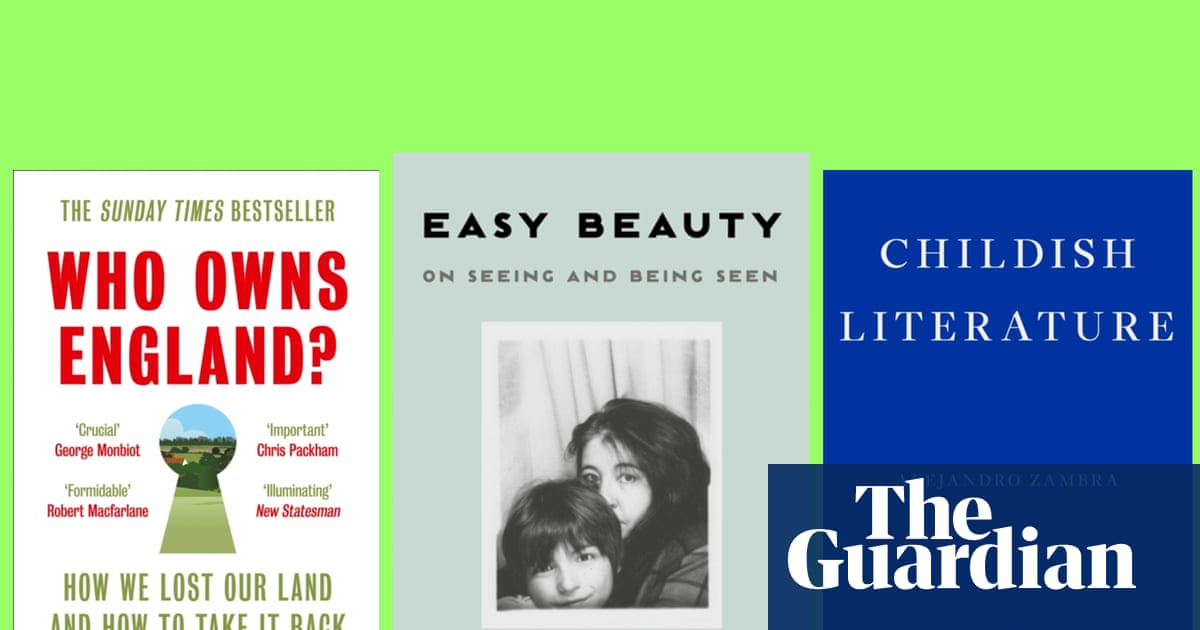
"To 2049 by American poet Jorie Graham is one of my favourite collections of recent times and rereading it recently was incredibly rewarding. Filled with slippery and existentially evocative lines such as Years pulled their / lengths through us like long wet strings, it had me pointing at some of the pages gasping: I wish I wrote this! (a condition I frequently suffer from, known as poem-envy)."
"Another poetry collection I recently enjoyed is The Island In The Sound by Scottish poet Niall Campbell. Campbell writes concise, soulful and lyrically observant poems that are (subtly) apocalyptic and (sonically) beautiful. Easy Beauty by Thai American author Chloe Cooper Jones is one of my favourite memoirs by a disabled author in recent years. It's impressively scholarly, emotionally honest and very giftable for students, readers and writers looking for more nuanced disability narratives."
"I beat a heat wave at Oregon's Deschutes River with a camp chair in the shaded shallows and feet in the water. A perfect setting in which to complete this hauntingly beautiful, gut wrenching yet inspiring book. Macfarlane's language in places is brilliant prose-poetry. The stories of the rivers and the people dedicating their lives to protecting them are braided tales that somehow gave me hope even if the big picture feels less than hopeful."
A mixed-genre collection combines memoir, short fiction and poetry around parenting and new fatherhood with lucidity, humour and humility. A contemporary poetry collection offers slippery, existential imagery that evokes intense emotional responses and poem-envy. Concise, soulful and lyrically observant poems blend subtle apocalyptic undertones with sonically beautiful language. A memoir by a disabled writer provides scholarly rigor, emotional honesty and accessible insight, making it highly suitable for students and readers seeking nuanced disability narratives. A meditation on rivers pairs prose-poetry language with braided stories of waterways and the people who protect them, generating hope amid a troubling environmental outlook.
Read at www.theguardian.com
Unable to calculate read time
Collection
[
|
...
]